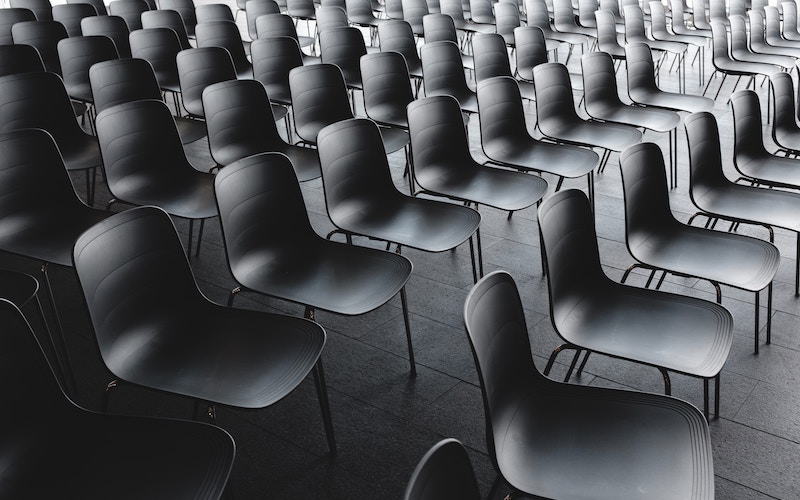When audiences come to us — that is to say, attend our performances — they come for a reason. They seek, and they demand. And rightfully so, of course, because let’s not forget that they have already honoured us first and offered us one of their most precious properties; their time. So, we have to honour them back, if I may say, thank them for coming, and offer them our music as a token of our gratitude. In this article, we talk about the things our audience seeks from us, the performers.
Here’s some of them:
Audiences seek their own satisfaction. That goes without saying, of course, and that is the first and foremost thing that an audience (and every human being in this life of ours, to be honest) cares about before they commence doing something. Audiences want to have a meaningful evening that will inspire THEM, will lift THEIR spirits and leave THEM fulfilled and regenerated.
The gestalt of your individual performance; The audience wants the aroma that your concert emanates and its enchanting aftertaste. They want to exit your concert venue thrilled, with their hearts pumping with excitement.
The gestalt of you. Through your music an audience will forge an idea of what you represent in life and what is essentially, well, you; they want to have more of that aura that you, customarily, give in your performances, and that’s why they may keep coming to your performances in the future. At the same time, the things they may not interest them that come from you, such as your political or religious views, will, however, inadvertently shape your sound, and thus, if the audience likes your art through your sound, they will, somehow, like you as an individual as well.
Your own interpretation of a piece they like; Your fans might like how you particularly phrase that nocturne by Chopin or your classical-piano take on Kapustin’s jazzy studies.
To experience new music. Audiences often want to test their ears with new composers and their latest creations.
An audience might be in the process of seeking new and refreshing interpretations on established repertoire. Not wise for a pianist to attempt, but let us be open and accept this as a possibility.
They might just want to re-taste an established interpretation on a piece they like, because you wouldn’t necessarily go to a concert demanding a radical approach to the Waldstein, for example -We tend to leave classic repertoire “as is”. Eccentricity or differentiation in interpretational approach is not always a reasonable goal for a pianist and could not necessarily come in line with what the composer themselves ultimately wanted.
To come closer to understand the meaning of life. Their coming to you is a conscious endeavour to understand the world and relish on its beauties, but not see its ugliness. So, you better play those notes correctly and usher those people further in apprehending a possible “meaning” of life.
Audiences come to you to become better. It’s an innate predisposition of humans to improve and to move forward in a “right” direction through the “right” medium, a medium they have pre-defined. Thus, you owe to be respectful and honoured by your fellow passengers on life’s train.
Before closing this, I would say that if I were you, I would concentrate on the last two things on the above list; because they show that humanity has indeed unique, honourable intentions. Even though I know that all the things we do are to ultimately benefit us and our own wellbeing, I would remain on the more romantic and idealistic side of life and keep believing that we still do things altruistically.
Oh, no. Altruism is still ME, ME, ME.
Copyright © Nikos Kokkinis 31 March 2019
Many thanks to Jonas Jacobsson for the powerful image used in this article. Please, do visit below for more Wonderfull images.


